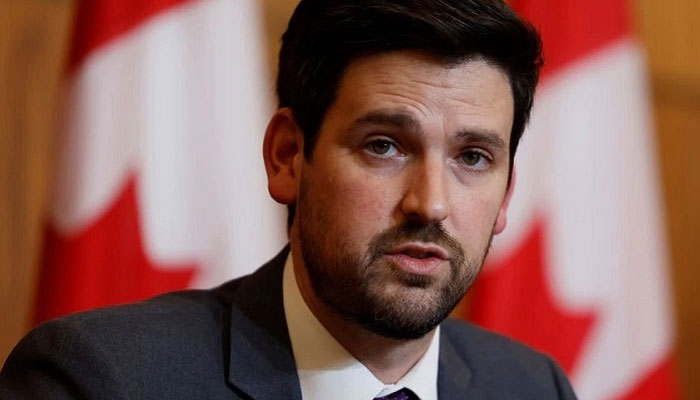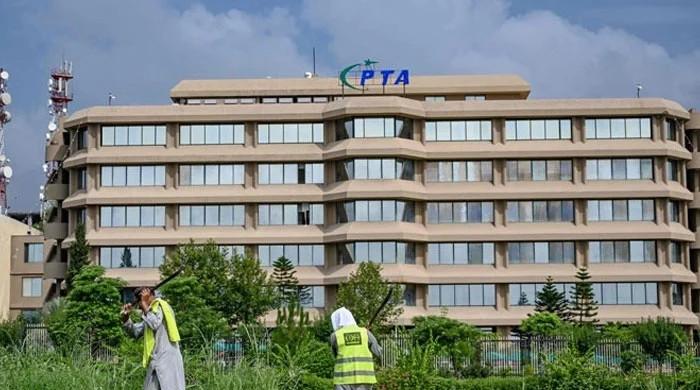New minister says will solve Canada's housing crisis with inflation drop
Sean Fraser expressed confidence in the foreseeable stability of interest rates and the resultant boost in industry morale
August 09, 2023

Canada's pressing issue of affordable housing scarcity is receiving renewed attention as newly-appointed Housing Minister, Sean Fraser, underscores the potential alleviation stemming from easing inflation and predictable interest rates.
In an exclusive interview with Reuters on Tuesday, Fraser termed the housing shortage as "a very serious challenge," pointing towards a hopeful solution on the horizon.
In a telephone conversation, Minister Fraser expressed confidence in the foreseeable stability of interest rates and the resultant boost in industry morale, saying, "We have an opportunity under this new, more stable environment... to make a major difference."
Fraser, who previously served as the immigration minister, affirmed the government's commitment to existing policies. "The solution to our housing challenges doesn't involve reducing newcomers. Instead, it revolves around increasing housing inventory," he asserted.
Fraser's recent appointment is a strategic move by Prime Minister Justin Trudeau, reflecting a commitment to address the mounting cost-of-living concerns. With an impending election scheduled for October 2025, the Liberal party is grappling with a deficit in polls, fuelled by allegations from the opposition Conservatives, who accuse Trudeau of economic mismanagement and the exacerbation of unaffordable housing.
Housing unaffordability has emerged as a critical focal point for the Conservative opposition, highlighted by leader Pierre Poilievre's citation of data illustrating a near-doubling of rents and mortgage payments since the Liberals assumed power in 2015.
Critics attribute part of the crisis to an ambitious immigration plan, aiming to attract over 400,000 individuals annually, constituting 1% of the population, without simultaneously addressing the housing provisions for these newcomers.
While housing primarily falls under the jurisdiction of provincial and municipal governments, the federal government, headquartered in Ottawa, has embarked on a mission to expedite what it views as a languid construction pace.
In 2022, the federal government outlined ambitious plans to double construction rates over the forthcoming decade. Nevertheless, housing starts are expected to dip from 262,000 units in 2022 to 212,000 units in 2023, partly attributed to pandemic-induced supply chain disruptions and escalating building expenses.
The Bank of Canada's recent decision to raise rates to a 22-year high in July, coupled with a moderation of inflation to 2.8% in June from a peak of 8.1% in June 2022, sets a more optimistic tone for the construction industry.











